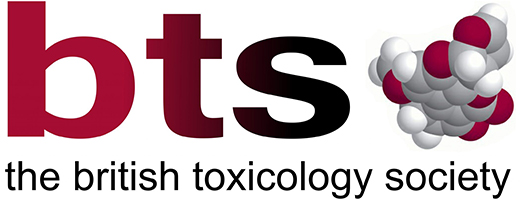Regulatory Toxicology
Regulatory toxicologists help governments to formulate regulations and put them into practice. Their advice and decisions help to minimise the risk presented by chemicals which may be hazardous to human health and the environment. They may be asked questions by the public, industry, journalists and politicians, all of whom will expect clear and informative answers.
For example:
- Are there subtle behavioural effects in factory workers exposed to a particular solvent? Can the solvent levels and the behavioural effects be measured in order to set safe exposure limits?
- What are the risks posed by chemicals left in the soil if a house is built on an old gas works?
- What are the risks resulting from the presence of low levels of a pesticide in food or drinking water?
- Has a company provided sufficient toxicological data on a new product to demonstrate its safety? Does this data satisfy the legal requirements so that a product licence or other marketing approval can be issued?
- Do the emissions from waste incinerators or landfill sites pose a risk to health?
Regulatory toxicologists need a broad knowledge, usually gained from postgraduate experience in academia or previous experience in industry or contract toxicology. They must be able to evaluate data from all branches of toxicology and assess its relevance to human health in real-life chemical exposure situations – it’s important to not only understand the health hazards posed by a chemical, but also how these translate into health risks for a given population. Risk will be affected by how people are exposed to a chemical, such as the level and duration of exposure, and the way in which a chemical gets into the body.
Communication skills are very important to a regulatory toxicologist working within the government. Having evaluated the available scientific data and produced a risk assessment, they may need to share this with other scientists, policy makers, politicians, journalists and the general public. Each may have their own concerns, preconceptions and misconceptions; getting the message across strongly enough for action to be taken, but without causing unnecessary panic, often requires more than a little diplomacy!
Of course, applying toxicology to such a wide variety of problems is rather more than a matter of careful judgement – it also forms the basis of a fascinating and varied career with important consequences for public health. The regulatory toxicologist’s recommendations will become the basis for regulations, and government policy and advice, which will help protect many aspects of our daily lives. Regulatory toxicologists help to enhance and safeguard the health of the public.
If you’re interested in working in Regulatory Toxicology within industry, you can find more information about typical careers in this article by the American Chemical Society:
From Basic Research in Toxicology to a Career in Regulatory Toxicology: An Industry Perspective
Real Life Stories

